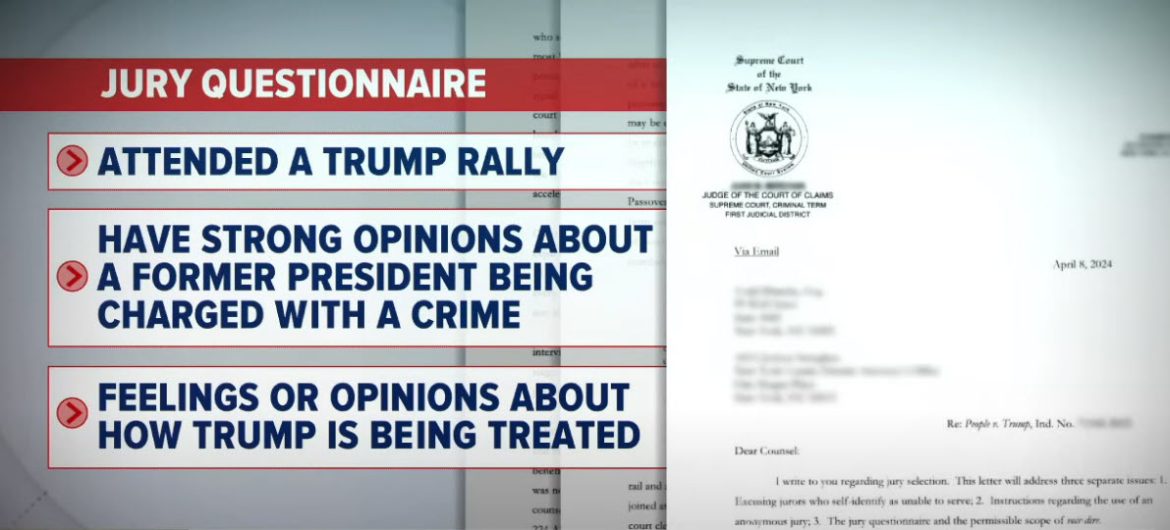In a significant legal development, the office of special counsel Jack Smith has filed a brief urging the Supreme Court to reject former President Trump’s appeal, in which he claims immunity from prosecution in his 2020 federal election interference case. The brief, submitted to the highest court in the land, underscores the ongoing legal battle surrounding Trump’s actions during his presidency.
The case in question centers on allegations of election interference during the 2020 presidential race, a tumultuous period marked by claims of fraud and irregularities. Trump’s legal team has argued that as a sitting president, he was immune from such prosecution, a stance vehemently challenged by legal experts and critics.
Special counsel Jack Smith’s brief presents a compelling argument against Trump’s immunity claim, citing the fundamental principles of accountability and the rule of law. The brief highlights the importance of upholding the integrity of the electoral process and ensuring that no individual, regardless of their position, is above the law.
The Supreme Court’s decision on whether to accept or reject Trump’s immunity claim carries significant implications for the future of presidential accountability and the boundaries of executive power. Legal scholars and political observers are closely monitoring the case, recognizing its potential to set precedent on matters of presidential immunity and legal liability.
Meanwhile, Trump has released a message defending his presidential immunity defense ahead of the Supreme Court’s decision. In his statement, Trump reaffirms his belief in the principle of executive immunity, arguing that his actions during his presidency were within the scope of his authority and protected by constitutional norms.
The clash between Trump’s legal defense and the special counsel’s arguments underscores the complex legal landscape surrounding presidential powers and responsibilities. As the Supreme Court deliberates on this crucial matter, the outcome will shape not only Trump’s legal standing but also broader interpretations of executive immunity in American governance.



